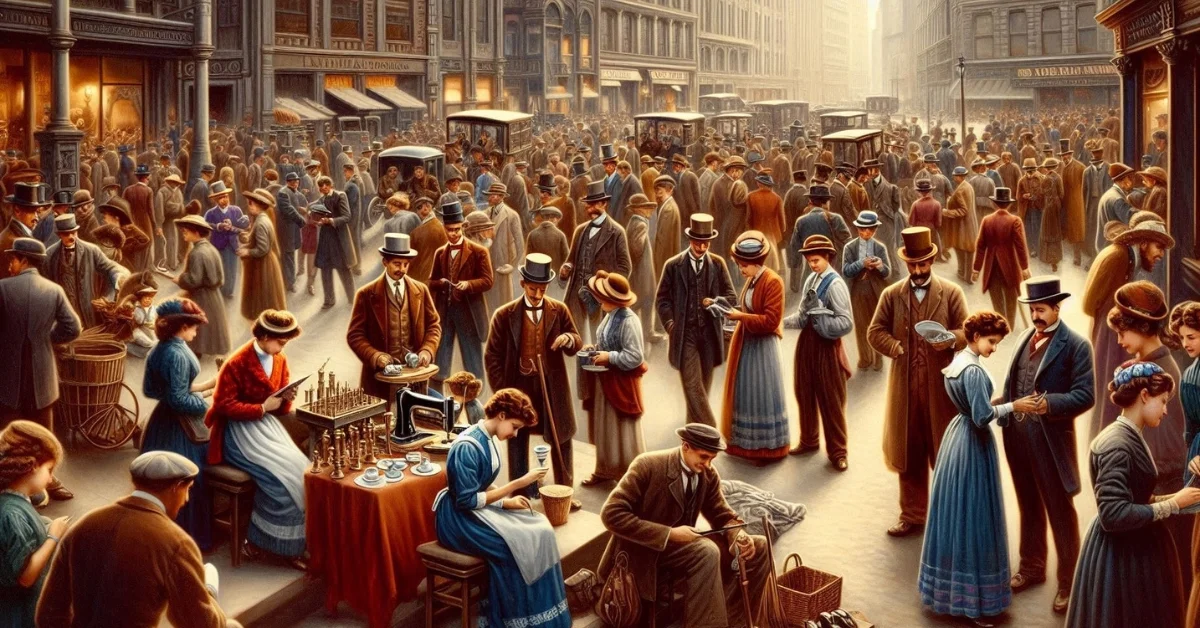Have you ever wondered how some historical figures quietly shaped the world we live in today? Markus Müller is one such name that often gets overlooked in history books, yet his contributions during the 1900s left a lasting impact on society. From industrial advancements to cultural reforms, Müller’s work spanned a variety of fields, reflecting his brilliance and forward-thinking approach.
In this article, we’ll explore who Markus Müller was, what he accomplished in the 1900s, and why his legacy deserves to be remembered.
Early Life and Background
Markus Müller was born in the late 19th century in Germany, a nation at the heart of the industrial revolution. Growing up in a time of rapid technological and societal changes, Müller was heavily influenced by the mechanization of industries and the cultural shifts occurring in Europe.
He showed an early aptitude for engineering and science, which led him to pursue formal education in mechanical engineering. His formative years were marked by exposure to emerging technologies, which laid the foundation for his future innovations.
Industrial and Technological Contributions
Innovator in Mechanical Engineering
During the early 1900s, Müller gained recognition for his contributions to mechanical engineering. He was instrumental in improving the design of steam engines, making them more efficient and reliable. His work paved the way for advancements in transportation, particularly in railways and early automobiles.
Revolutionizing Manufacturing Processes
Müller’s ingenuity extended to industrial production. He was among the pioneers to experiment with assembly line techniques, which significantly increased production efficiency. These innovations were critical in the era of mass production and set the stage for modern manufacturing practices.
Agricultural Reforms and Innovations
Mechanized Farming Techniques
Understanding the importance of agriculture in sustaining growing populations, Müller turned his attention to farming innovations. He developed early prototypes of mechanized farming equipment, including advanced plows and seeders, which helped farmers increase crop yields with less manual labor.
Sustainable Practices Advocacy
Long before sustainability became a global concern, Müller advocated for responsible farming methods. He emphasized crop rotation, soil preservation, and efficient water usage, leaving a blueprint for future agricultural advancements.
Cultural and Social Impact
Patron of the Arts
Beyond his engineering accomplishments, Müller was a strong supporter of the arts. He sponsored local artists and cultural events, believing that creativity was essential to societal progress. His patronage fostered a renaissance of cultural expression in his community.
Educational and Scientific Reforms
Müller also made significant strides in education. He established technical schools that provided practical training to aspiring engineers and mechanics. His focus on accessible education helped equip a new generation with the skills needed for a rapidly industrializing world.
Influence on European Societal Changes
Support for Immigrant Integration
Markus Müller’s humanitarian side came to light through his efforts to support immigrant communities. He championed fair labor policies and created initiatives to help immigrants integrate into society, offering them opportunities to work and contribute to the economy.
Advocate for Social Movements
Müller’s ideas aligned with early 20th-century social movements advocating for workers’ rights. He actively supported unions and pushed for legislation that improved working conditions in factories, making him a key figure in early labor reform efforts.
Legacy and Historical Significance
Markus Müller’s impact can still be felt today in industries ranging from manufacturing to agriculture. While his name may not be as famous as other inventors of his time, his contributions were no less significant.
However, the lack of extensive historical documentation about Müller highlights the challenges of uncovering stories of lesser-known figures. Despite this, his work serves as a reminder of the importance of innovation, education, and social responsibility in shaping a better world.
Conclusion
Markus Müller may not be a household name, but his achievements in the 1900s influenced industries, culture, and societal norms in profound ways. By exploring his life, we gain a deeper appreciation for the countless individuals who quietly shaped history.
As we reflect on Müller’s story, we are reminded of the importance of curiosity and the need to celebrate unsung heroes who made a difference in their time—and ours.
FAQs
Who was Markus Müller?
Markus Müller was an innovator, engineer, and social reformer from Germany who made significant contributions to industrial technology, agriculture, and cultural development during the 1900s.
What were Markus Müller’s key achievements?
Müller’s achievements included improving steam engine efficiency, pioneering assembly line manufacturing, developing mechanized farming equipment, and advocating for social reforms.
Why is Markus Müller’s legacy important?
His legacy is important because his innovations laid the groundwork for modern industrial and agricultural practices while also promoting cultural and societal progress.
What challenges exist in documenting Markus Müller’s life?
Limited historical records and a lack of recognition in mainstream history make it challenging to uncover detailed information about Markus Müller’s life and contributions.
How did Markus Müller support social reforms?
Müller supported fair labor policies, advocated for immigrant integration, and contributed to improving working conditions through his involvement in early social movements.



